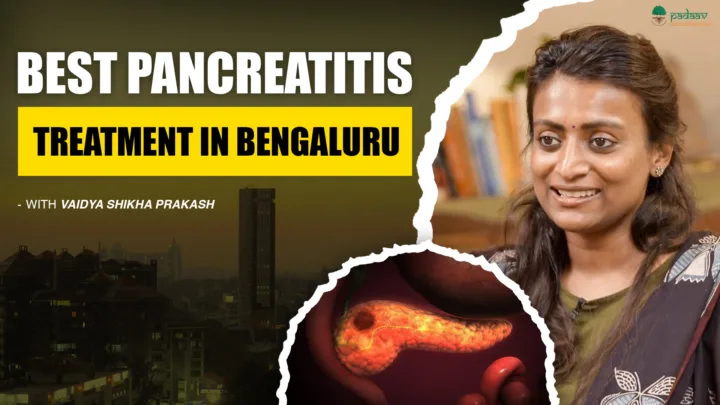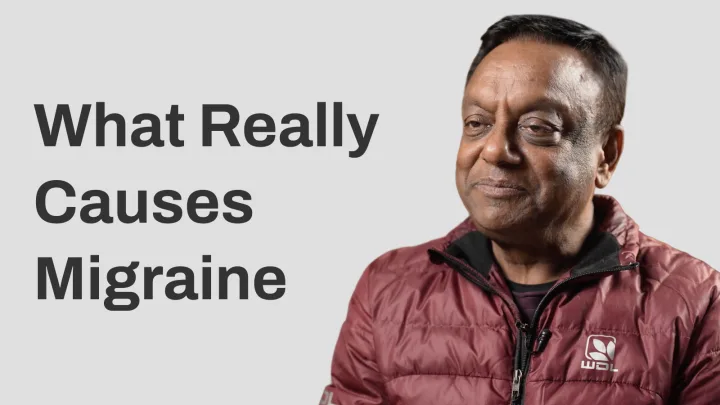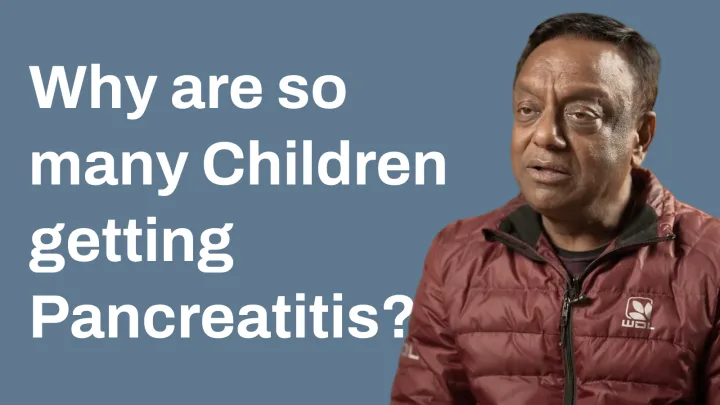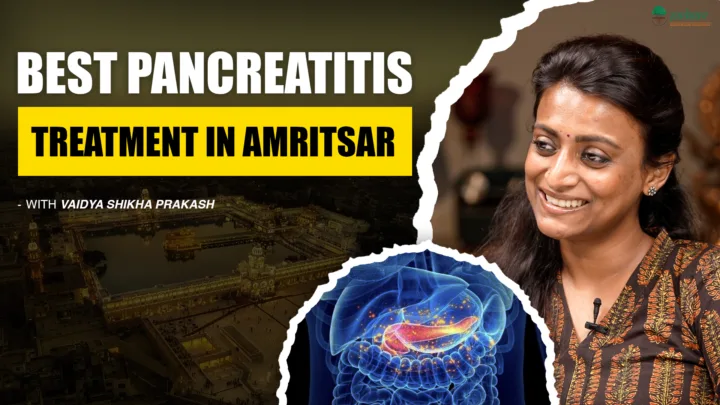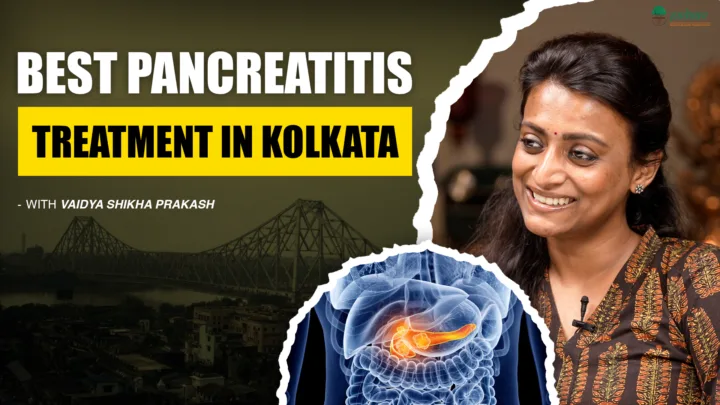Ayurveda, with its rich, often poetic language, has been a repository of knowledge for centuries. One of its unique branches, Rasashastra, which involves the use of potent mineral-based substances like mercury, is a profound science in itself an art form and a tradition. This is the story of a Vaidya who, through a personal and dedicated journey, brought this ancient art into the modern era by perfecting and standardizing the use of these powerful medicines.
The Origins of a Science and a Vaidya’s Childhood
The term “Rasashastra” refers to the science of “Rasa,” which in this context means mercury, known as the king of all metals. The origin of mercury is described in poetic, metaphorical language in the texts, where it is said to have manifested from the divine union of Shiva and Parvati. This symbolizes that mercury is not merely a common element, but one imbued with powerful, divine properties. However, in reality, mercury is a highly toxic substance, and Rasashastra teaches that it must undergo rigorous purification processes before it can be used as medicine.
This is the story of a child who grew up in the midst of this esoteric knowledge. He played with mercury as a boy in his father’s dispensary, watching him grind it. He knew it was a poison, but for the son of a Rasvaidya, it was a familiar part of his world. This upbringing became the foundation of his future work.
A Father’s Experiment and a Miraculous Recovery
In the 1970s, his father began an experimental process called ‘Gandhak Jaran’ a method of purifying mercury by burning sulfur with it until it acquired disease-curing properties. It was during this very experiment that a young man from Punjab was sent home from PGI Chandigarh, given up for lost after being diagnosed with advanced pancreatic cancer.
In a twist of fate, the family was guided to his father’s clinic in Meerut. Seeing the patient’s critical condition, his father decided to use his new experimental medicine. A miracle occurred. Within just 15 minutes, the young man, who had been writhing in pain, sat up and said he felt comfortable and was hungry. Six months later, the same man returned, having gained 30-32 kilograms and was in perfect health. This became a defining moment for the family, and his father became renowned for his treatment of pancreatitis.
However, this success was short-lived. When his father attempted to replicate the medicine, he failed. He struggled for years to find the right source of pure copper, an essential ingredient, and in 1984, he passed away, leaving his work unfinished.
The Scientific Quest for Reproducibility
Taking up his father’s mantle, the son, Vaidya Balendu Prakash, realized that while his father had successfully cured many with conditions like bone TB and cancer, the medicines were not consistently reproducible. The key, he understood, was not just the knowledge but the process itself.
Driven by a need for standardization, he turned to modern technology. In the 1990s, he traveled to Cambridge and discovered an “image analyzer” a machine that could measure the particle size (in microns) of a substance. He realized that the medicine he ground himself was less than 5 microns, while the medicine his workers ground was over 11,000 microns an enormous difference. This confirmed his suspicion that the human hand and focus could not be standardized.
After a struggle to get the machine to India, he established a strict protocol: no medicine could proceed to the next stage until its particle size met a specific standard. This groundbreaking approach, combining ancient techniques with modern precision, led to a new era of validation. Collaborative projects with institutions like the Indian Institute of Science confirmed that his standardized pancreatitis medicine was not only safe but also had “pancreatitis protective properties.”
The Unfinished Journey: Valli Pani and Blood Cancer
Vaidya Prakash also shares a powerful story about an even more miraculous medicine, ‘Valli Pani’, made from a rare herb. His father had used it in 1982 to cure blood cancer. He recounts cases of patients from London and Pakistan, including the world’s fourth reported case of acute megakaryoblastic leukemia, who were given a grim prognosis but recovered completely under his father’s care.
Unfortunately, the ‘Valli Pani’ herb was only available once a year and spoiled quickly. After his father’s death, the medicine could not be recreated. Vaidya Prakash expresses his hope of one day reviving this medicine, perhaps with the aid of modern cold storage technology, to be able to treat blood cancer in just 40 days.
This is not just a story of medicine, but of a personal and family journey. It shows how the profound knowledge of ancient Rasashastra can be fused with modern technology to create medicines that are not only powerful but also consistent, reliable, and safe. It is a legacy, a passion, and a priceless gift to humanity.

